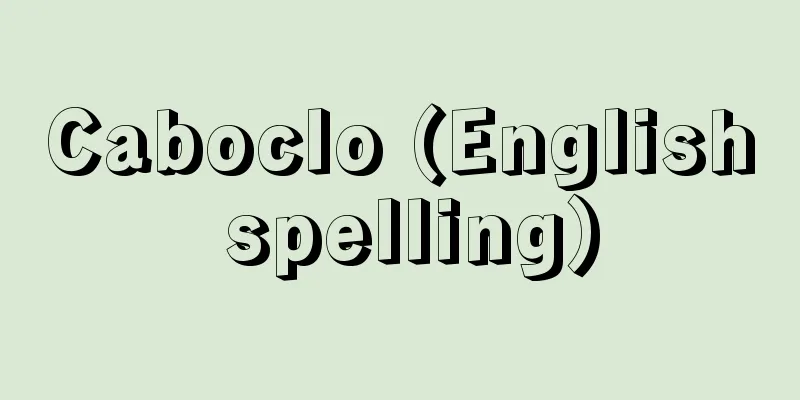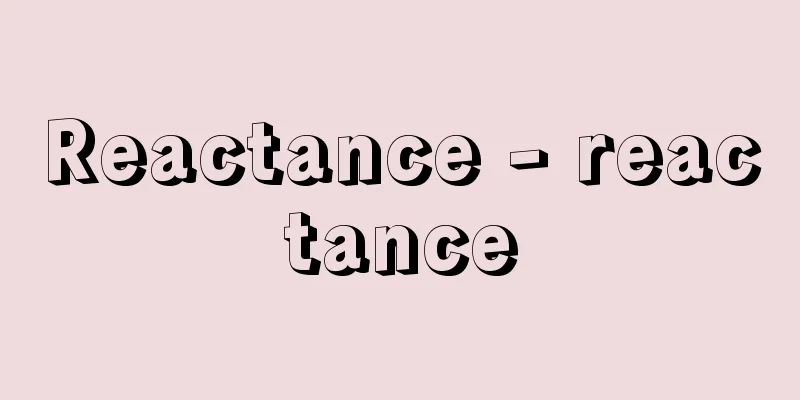Caboclo (English spelling)

|
In modern Brazil, it mainly refers to lower-class, ignorant country folk. The word comes from the Tupi word caá-bóc (meaning "those who come out of the forest"), and originally did not mean people of mixed race. In the past, it referred to Indians themselves, and especially to Indians who had come into contact with white society, been enslaved, and adapted to Christianity, and eventually came to mean indigenous whites and mixed race whites and Indians. Although originally a derogatory term, it is also used as a term to represent Brazilian national character in the climate of growing nationalism. Source: Heibonsha World Encyclopedia, 2nd Edition Information |
|
現代のブラジルで,おもに下層の,無知な田舎者を指す。トゥピ語のcaá‐bóc(〈森から出て来た者〉の意)から出た言葉で,もともと混血者の意味はない。古くはインディオ自体や,特に白人社会に接触し,奴隷化され,キリスト教になじんだインディオを指し,やがては白人の土着した者や白人とインディオの混血者をも意味するようになった。元来軽蔑の意があるが,ナショナリズムが強まる風潮の中でブラジル国民性を代表させる語にも用いられる。
出典 株式会社平凡社世界大百科事典 第2版について 情報 |
Recommend
Colorado Plateau - Colorado Plateau
A large plateau that spreads between the Rocky Mo...
Prince Igor
...There is a minority opinion that it is a forge...
Silk seat
〘Noun〙 A place for selling silk goods. ※Teikin Ora...
Crane Forest - Kakurin
〘Noun〙 Buddhist term. The place where Shakyamuni p...
Volatilization - volatilization
〘noun〙① (adjective verb) (━suru) The process of a ...
Budd-Chiari syndrome
British physician G. Budd (1808-1882) and Austrian...
Cahiers
...He decided to escape the crisis by treating ev...
Mrs. Stowe - Harriet Beecher Stowe
1811‐96 American author. Born in Connecticut as th...
"The Gion Festival Nobunaga Chronicle"
...The ingenious stage props, such as the three-t...
Naval Staff Department
...With this amendment, the Naval Staff Office ga...
Wadan - Wadan
A perennial plant of the Asteraceae family. The s...
Violin - Violin (English spelling) violin English
The lute is a bowed string instrument of the viol...
Kino Tomonori
A poet of the early Heian period. Compiler of the...
Fujiwara no Onshi - Fujiwara no Onshi
Year of death: 8.1.4 of Tenryaku (954.2.9) Year of...
Rougemont (English spelling) Denis de Rougemont
Swiss author. Born in Neuchâtel, he wrote in Fren...









